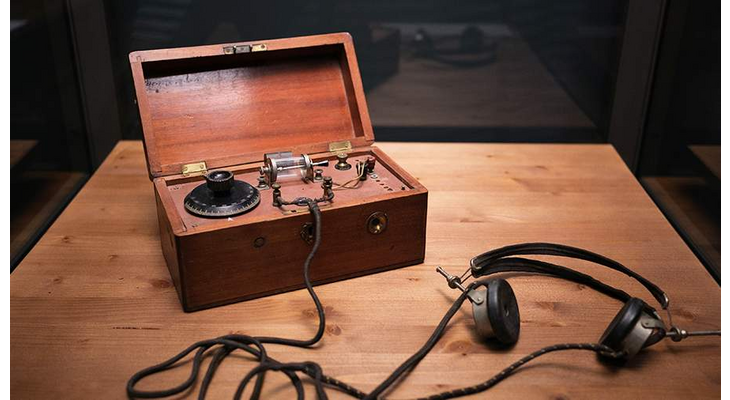May 7th has entered the annals of global science and technology as the birthday of radio.
On this day in 1895, Russian physicist Alexander Stepanovich Popov presented at a meeting of the Russian Physico-Chemical Society the world's first radio receiver he created, thereby conducting the first radio communication session.
Today, Radio Day, the holiday of workers in all fields of communications, is celebrated not only in Russia. In the post-Soviet space, it is also celebrated on May 7th in Belarus, Armenia, and Kyrgyzstan.
It seems not long ago that Russian Popov and Italian Marconi were trying to transform electromagnetic oscillations into human speech, and less than a century ago, detector receivers with headphones were perceived as a wonder. But today, radio, television, and mobile communication have become natural attributes of human life.
Radio is not just telephonic and telegraphic communication, broadcasting and television, but also radar and radio astronomy, radio control, and many other technical areas that have arisen and successfully developed thanks to Alexander Popov's remarkable invention.
Radio has become the foundation for creating navigation systems, mobile communications, wireless data exchange networks, and the internet, without which modern life is unimaginable.
The modern information boom is the result of the labor of many generations of scientists, engineers, technicians — all those whose fates are tied to the communications industry. Thus, Radio Day can confidently be called the professional holiday of television workers, broadcasters, postal workers, communicators, and radio amateurs — all who quickly inform about the major events occurring in the country and the world, uniting human affairs, thoughts, and souls on the radio waves.









